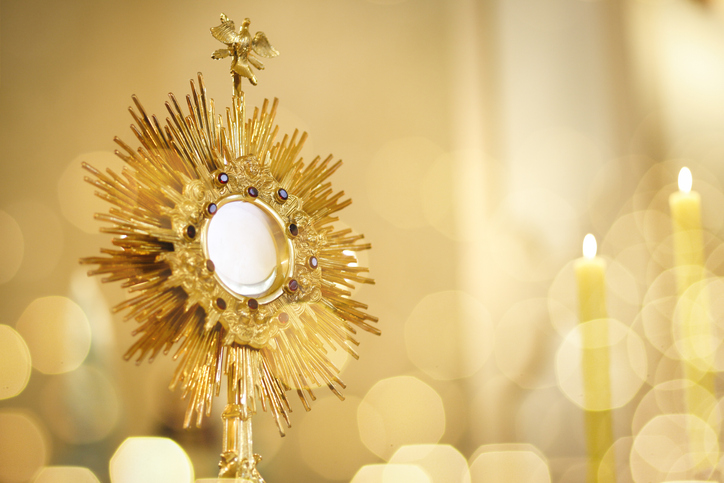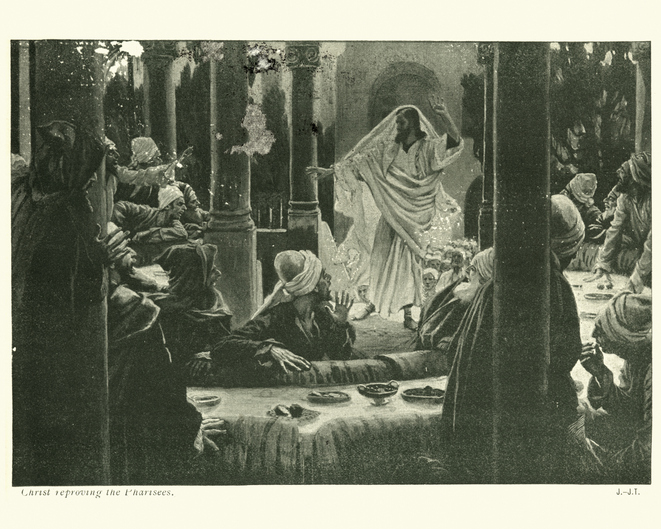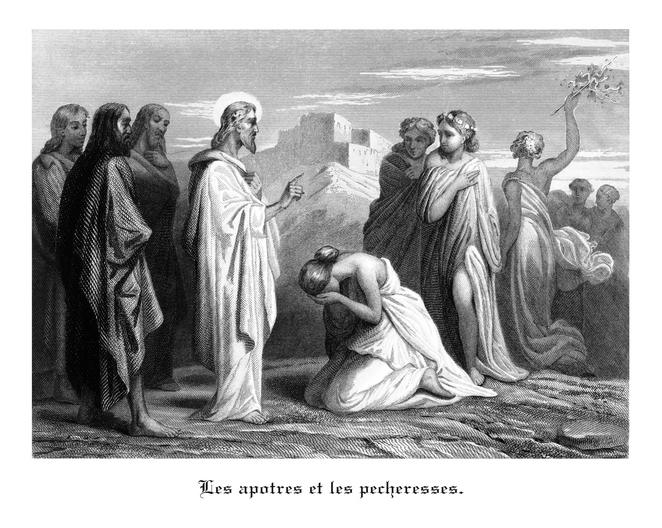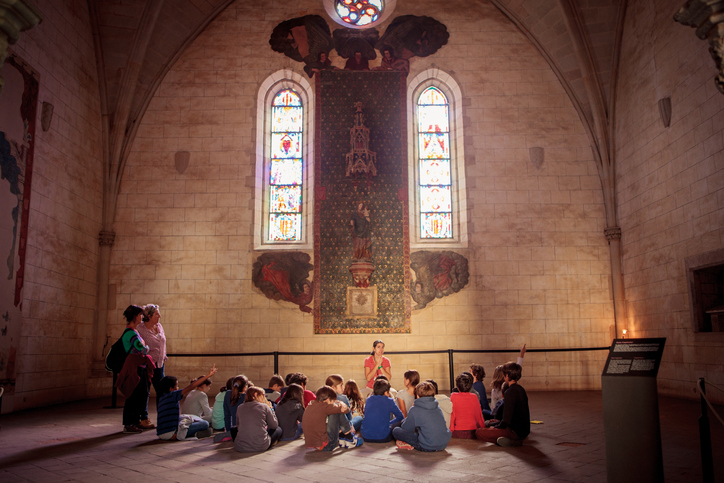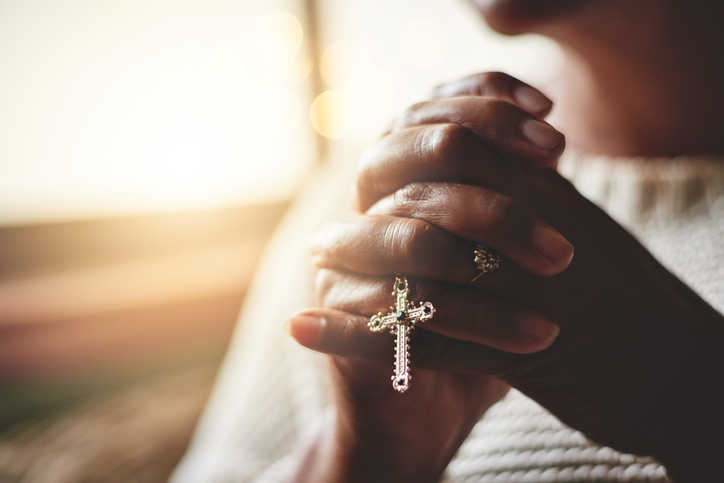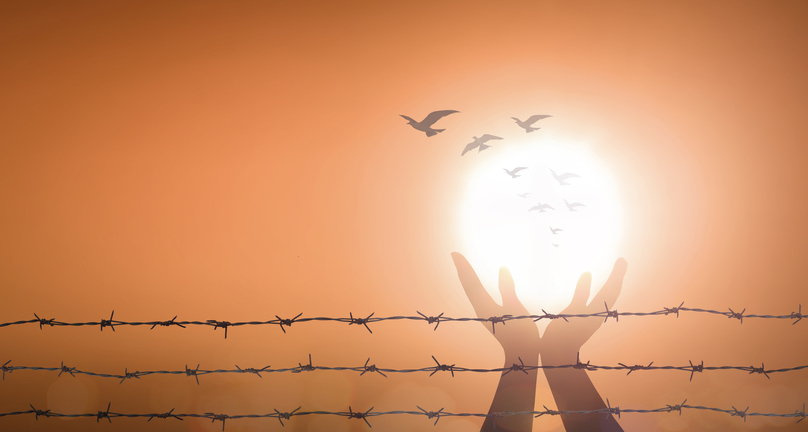I love a good detective story. I love courtroom drama, especially those with numerous twists and turns in the plotline, and I especially love surprise endings. I’m usually pretty good at guessing outcomes, but I relish the surprise when the author stumps me with an end I didn’t see coming.
It seems, in today’s Gospel, that Herod was doing a little “detecting” himself. “’ Who then is this about whom I hear such things?’ And he kept trying to see him.” Herod was stumped, asking everyone who this man is and hearing replies like “John has been raised from the dead,” or “Elijah has appeared.”, or “One of the ancient prophets has arisen.”
Herod knew none of that could be true. Elijah and the prophets were long gone, and Herod himself beheaded John, so who is this man who performs miracles and speaks the words that are catching people’s attention? He had a mystery on his hands.
Each day we do the same thing. We seek the one about whom we hear such things. Sometimes I think the Gospels, especially the words of Jesus, present us this mystery to unravel. What do these words mean? How do these words impact my life? Why must I – should I – listen? Can it make a difference? Like Herod, so many questions. But unlike Herod, we have answers.
In the wisdom of the Church to incorporate the Scriptures into our worship at Mass (the three- year Sunday cycle and the two- year daily cycle cover almost all of Scripture!), we have the opportunity to have Jesus’ words before us always. Part of the excellent mystery of it all is that Jesus’ words will change in meaning for each of us as we grow older and experience his teachings in light of our growing maturity and experience and, hopefully, our increasing wisdom. We listen; we see the stories come alive in our mind’s eye; we ponder; we learn and occasionally, the find a surprise ending we didn’t see coming — a change in the spiritual outlook on our lives and a clear direction as to where we should go. Whether we follow that direction every time or not will become part of the mystery. But the author of these words will continually spark our interest in searching for our ending.
Herod was looking for “this man” for all the wrong reasons. He had guilt to assuage for his deeds but wasn’t looking for forgiveness. Herod was looking to rid the world of the one who could accuse him and hold him accountable for those despicable deeds. The sad thing about Herod’s search is that, in light of his miserable life, he could not recognize nor appreciate the surprise ending – our Lords resurrection and guarantee of eternal life. Herod was much too grounded in the things of this earth.
“I am the way, and the truth and the life says the Lord.” Here’s the mystery; here is the truth sought in the mystery; the path to solving the mystery and the eternal life gained once the story comes to an end.
God Bless.

Jeanne Penoyar, an Accounts Manager at Diocesan, is a Lector at St. Anthony of Padua parish in Grand Rapids, MI. Jeanne has worked in parish ministry as an RCIA director, in Liturgy, and as a Cantor. Working word puzzles and reading fill her spare time. Jeanne can be reached at jpenoyar@diocesan.com.





